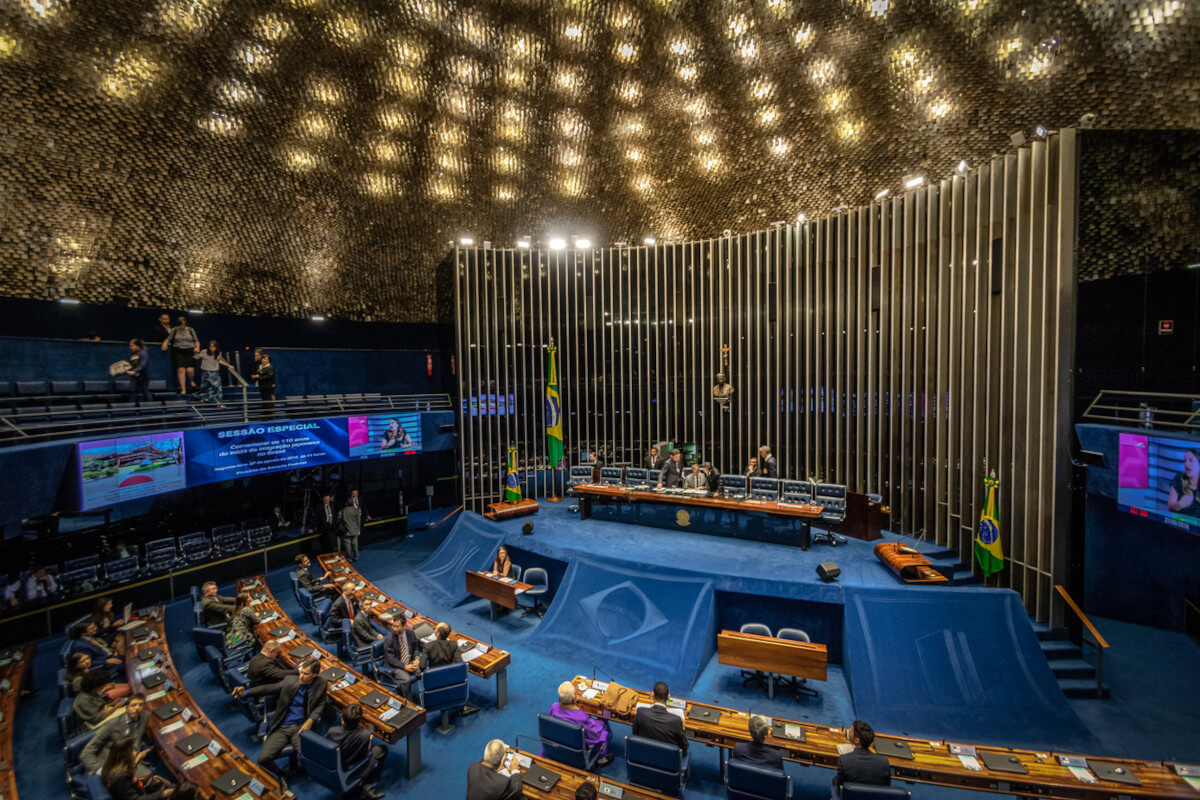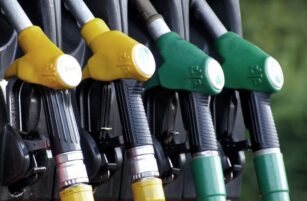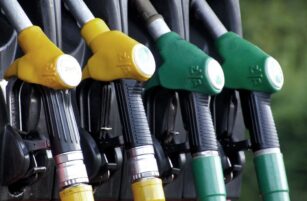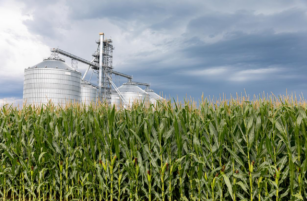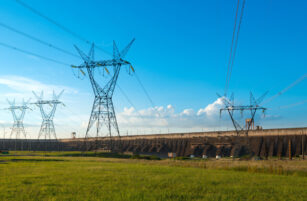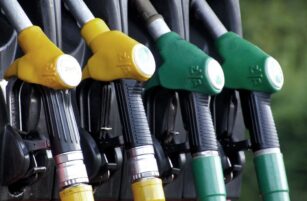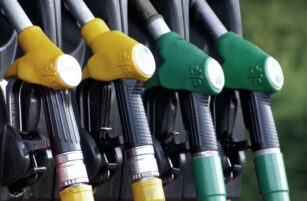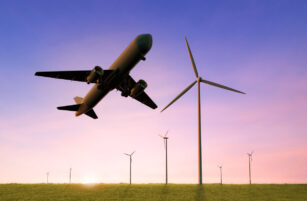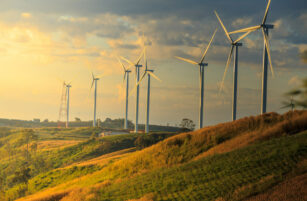Insight Focus
The legislation is expected to come into force this year, after being approved in the Senate. Around BRL 200 billion should be invested by the end of the decade in the production of SAF, biodiesel and biomethane to meet decarbonization goals.
The Senate is discussing at an accelerated pace the Fuel of the Future bill, which establishes a policy to decarbonize the Brazilian energy matrix. Approved in the Chamber of Deputies in March, the new legislation must be voted on next month in the Senate, the last step necessary for its approval. The prediction is from deputy Alceu Moreira (MDB/RS), author of the bill. If everything goes well, the new rules and goals for the gradual replacement of fossil fuels with sustainable products should come into force this year.
In our interview below, Moreira clarifies the main points of the law.
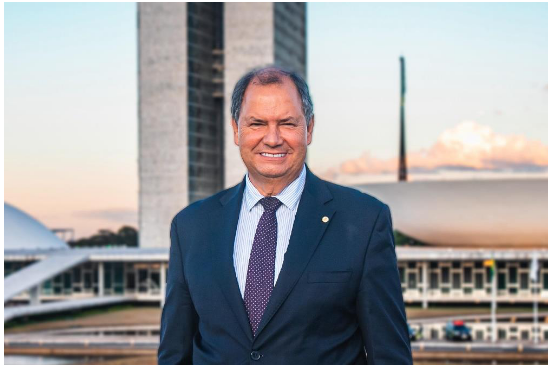
Congressman Alceu Moreira. Source: Jackson Ciceri/Publicity photo.
The law says that there will be incentives for the research, production, and commercialization of SAF, green diesel and biomethane. What type of incentive is this?
SAF, today, is not as capable of being commercialized because it costs more than the fuel currently used in aviation. At the same time, everyone knows that this is a definitive route. So, we will need to work with research, technology, and innovation to find a way to produce SAF in a competitive way, which requires investment. This also applies to biomethane and biodiesel.
Should there be a green investment fund, with resources from the government and the private sector, aimed at innovation and development of sustainable fuels?
This is perfectly possible. But we need to be careful. Public-private funds have the possibility of later being used for other sectors, so care must be taken. The fund needs to be specifically for policies that improve the sustainable fuel production and use system.
And how would the fund be structured in relation to financial contributions from companies?
This regulation does not yet exist. Legislation like this, on the fuel of the future, works on the guidelines. In the law regulation phase, after its approval, the productive arrangement of the sectors involved, and the time required for product development will be worked on. If the competitiveness of the product depends on factors such as tax exemption or tax incentives, for example, the production arrangement will consider these aspects during the regulation of the law.
In relation to SAF, should the main production route be ethanol?
I have no doubt about that. There is a technological requirement in the production model that is advanced. Therefore, ethanol plants will need to carry out research and development to produce SAF with greater quality, scale, and competitiveness. But I have no doubt that the raw material will be sugar cane. There are already thousands of hectares being planted in Bahia with the purpose of producing SAF.
Biodiesel
Is green diesel in a separate category? Why?
When we work on the fuel of the future, we are not just working on developing “bio” products. We also want to sell an image to the world in relation to our agri-environmental commitment, regarding the raw material produced by agribusiness, which is essentially sustainable. Green diesel represents much more of a symbol to be sold with environmental appeal.
Do you consider the goal of reaching 20% of the biodiesel blend in diesel in 2030 to be realistic, as stipulated by law?
Yes. We are going to crush, at some point, 20 million tons of soybeans because we are going to produce around 200 million tons of soybeans, which is one of the main raw materials for biodiesel. If the harvest were normal, we would already be producing close to 160 million tons of soybeans. So, 20% in the diesel blending is quite viable.
After 2030, could the percentage of biodiesel blend into diesel increase?
It won’t be long before we start finding B100, made from vegetable oil and animal fat, at gas stations. In some places, like São Paulo and Mato Grosso, we will already have biodiesel pumps at gas stations. We will reach 30%, 40%, 50% of the mix after 2030 because this is an inexorable part of the decarbonization process. Brazil will gradually reduce the use of fossil fuels and use more biofuels.
Ethanol
Regarding ethanol, the law says that the increase in the blending should be 35%, while discussions in the market revolved around a percentage of 30%. Is the intention to leave the law ready for an advancement in the blend of anhydrous gasoline in the future?
For sure. The law is working with a predictability reasoning because all these issues, of increases in the blend, require investment from the private sector. It is a productive arrangement that needs to be built. When we talk about these blends with higher values, we are raising the issue of predictability in the law.
All that entrepreneurs need, in all biofuels sectors, is legal certainty and predictability. It is from there that we will trigger a movement of around R$200 billion in five or six years, which is a calculated volume of investment in the most diverse biofuel production routes.
Voting in the Senate
And when should the law be voted on in the Senate?
I am convinced that the bill should leave the Senate in the same way it left the Chamber of Deputies, without modifications. If this happens, we can sanction it next month, which should generate a development boom across the country.
Should the law be voted on in the Senate in May then?
For sure. There is a lot of consensus. The law had only 19 votes against in the Chamber and 429 votes in favor. This is a state policy. Brazil needs to invest in biofuels because we have sources to produce this energy, which is clean. This also sends a message to the world of environmental commitment and carbon sequestration.
Furthermore, the raw material to produce biofuels is our domain. The law is also about self-sufficiency. If one day a country denies us the right to have fuel, our machine will continue to work naturally.
